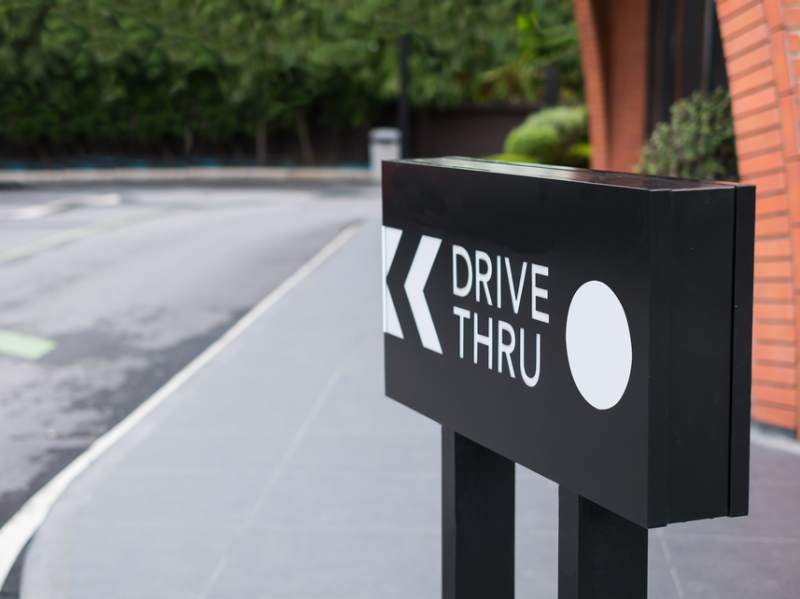Player safety has increasingly become a topic of great concern in recent years for the National Football League’s players, all 32 teams, and fans alike. But it isn’t just crushing on-field hits that add to the worry about the health and well-being of all 1,696 players in the league, as evidenced by the rampant over reliance on opioid painkillers to mask the brutal pain of a 16-game regular season. It is this dependence by team doctors on opioid painkillers that has pushed some players to speak out about the league’s hypocrisy on marijuana policy.
Now, one of the league’s most prominent and influential owners is backing these players up and pressuring the league to scale back their harsh marijuana punishments. Last week, during an owners-only meeting in Arizona, Cowboys owner/president/general manager Jerry Jones took the opportunity to voice his opinions on a number of topics, including the league’s outdated stance on cannabis. The gathering of all 32 NFL team owners primarily took place to discuss Commissioner Roger Goodell’s future, as some owners feel the polarizing figure needs a contract restructuring.
At one point during the meeting, there was an opening for any team owner to voice concerns about topics they felt needed the attention of the collective group. At this time, Jones brought up two player conduct-related issues: the league’s cannabis policies and its Goodell-led in-house law enforcement division that acts as judge, jury, and executioner in situations of off-field transgression.
A source with direct knowledge of what went on behind closed doors said that Jones spoke at length during the meeting. At one point, Jones called on the NFL to drop its prohibition on marijuana in favor of an approach that more closely reflects the changing legal and medical landscape in America.
Any modifications to the NFL’s substance abuse policy would have to be bargained collectively between the league and the NFL Players Association. This means that because the players would most likely want cannabis-related amendments to the Collective Bargaining Agreement, they would likely have to make one or more concessions to the league on other issues that may not be as widely agreed upon. The current Collective Bargaining Agreement expires in the year 2020.
Last season, 26 NFL players were suspended for violations of the league’s substance abuse policy, though the league doesn’t usually categorize which drug landed a player on the suspended list. The fact of the matter remains that self-medicating among players is very common, and the league should at least attempt to figure out why.

Buffalo Bills Offensive Tackle Seantrel Henderson was suspended twice in 2016 for testing positive for marijuana. Henderson is prescribed medical marijuana to treat the symptoms of his Crohn’s Disease. The suspensions could not be appealed because the league doesn’t offer exemptions for medical marijuana like they do for other pharmaceutical drugs.
“The reality is, the NFL’s position has been if you need medical marijuana then you’re too sick to play,” Henderson’s Agent Brian Fettner told the Associated Press. “But that’s just not the case for Seantrel Henderson.”
In January, NFLPA Executive Director DeMaurice Smith explained that the Players Association would be prioritizing drug policy reform during the next round of collective bargaining.
NFL Commissioner Goodell addressed the issue during a press conference at the Super Bowl in February:
We sent the union last spring, several pages or lists of issues that we wanted to address. As the league and as ownership and I expect – and we put on that list drug policy as one of those issues – so we would love to engage, but I think what we’re seeing is a reason why we should all sit down and get at the table, begin negotiations so that if we want to reach a different policy on either the drug policy or any other matter, we can all begin that earlier and do it in a way that’s responsible.
credit: marijuana.com

![Jerry Jones National football league[ NFL ] to Scale Back Marijuana Sanctions](https://thelaughinggrass.com/wp-content/uploads/2017/04/Jerry-Jones-National-football-league-NFL-to-Scale-Back-Marijuana-Sanctions.jpg)









